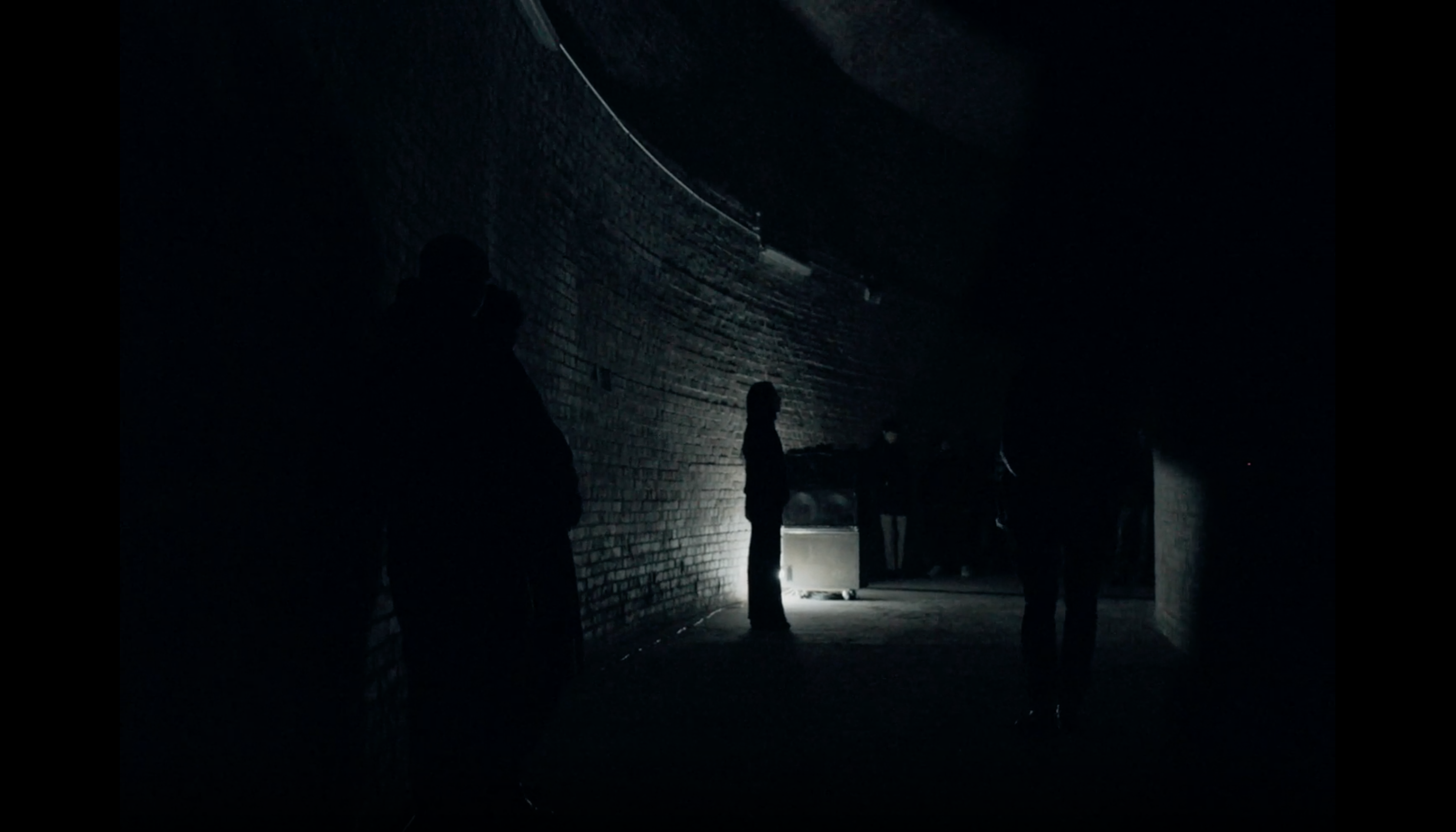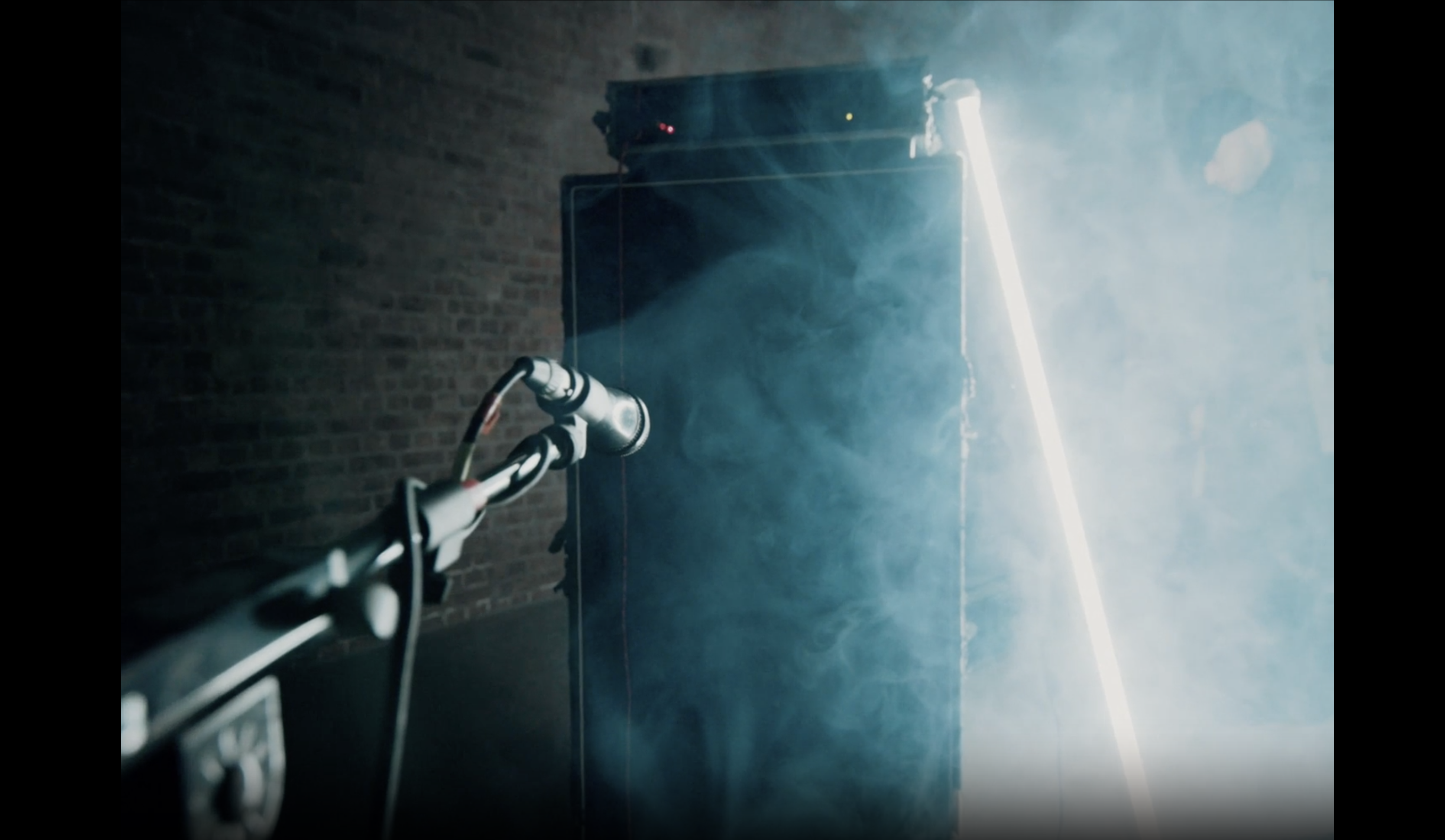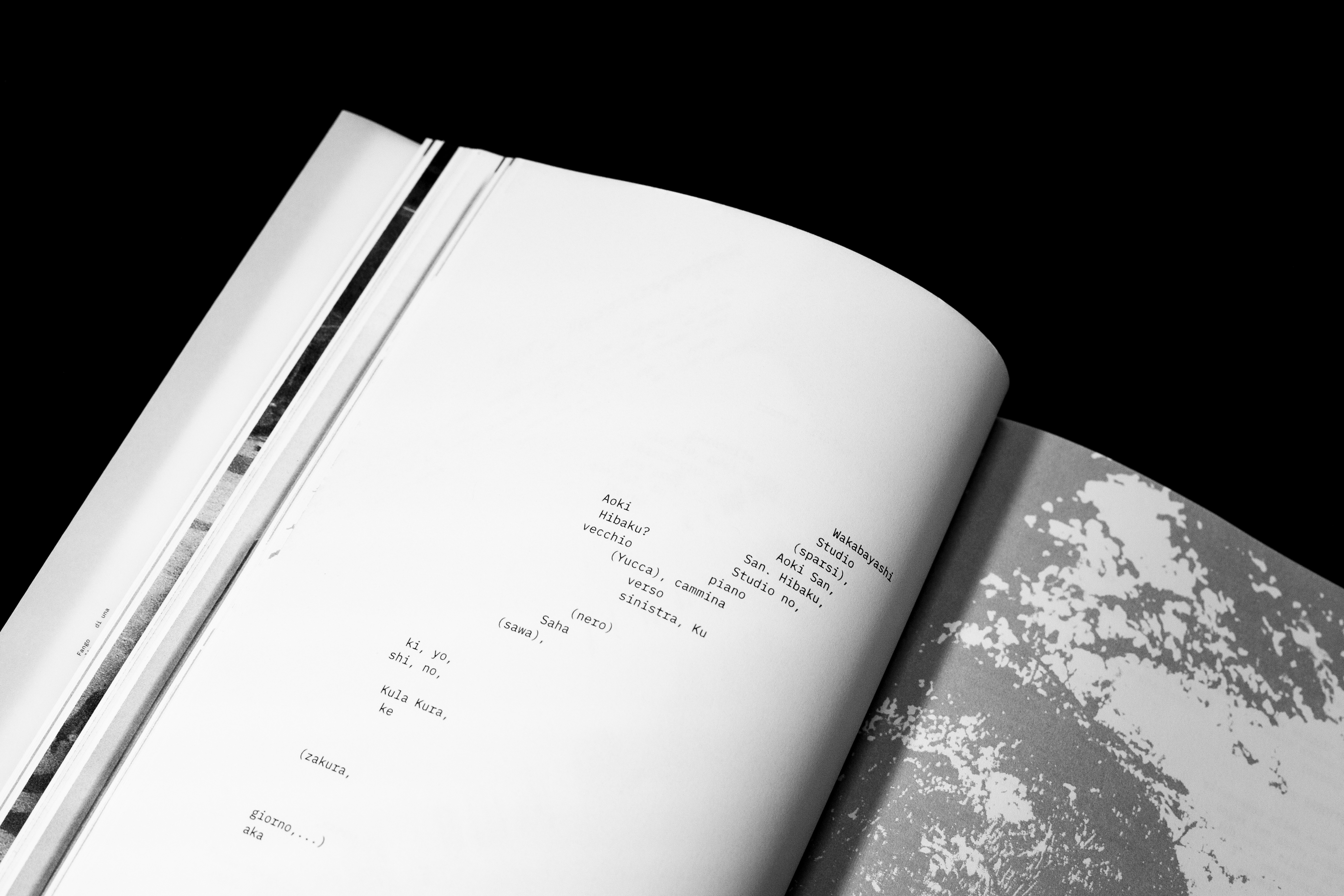Women, Fire, and Dangerous Things
Performance + Installation
2026
“Women, Fire, and Dangerous Things” performed at Sound Art Lab, Struer, Denmark, on 21 January, 2026.
Created with the financial support of Culture Moves Europe and the artistic and technical guidance of Sound Art Lab, Jørgen Kleon Jeppesen, Lars Lundehave Hansen, and Jørgen Lindholm.
Women, Fire, and Dangerous Things is a sound installation and performance exploring the ambiguity of the word “SIREN,” denoting both the mythical womanlike creature that lures sailors to their deaths and the mechanical warning device used to signal danger. Using irony as a mirror, the project reimagines a choir of ‘sirens’ to reflect on dynamics of control, violence, and danger in relation to the female voice.
The choir features the voices of Lorena Bringue De Leon, Darjana Dadeko, Viktorie Knapíková, Nikita Nistreanu, Cristina Railean, Signe Marie Rohde, Adéla Zarubová and flute by Martina Brandorff.
There’s No There There
Performance + Installation
2024





Performance view at Großer Wasserspeicher, Berlin, with Dylan Kerr, Marie Gailey, Davide Luciani.
Stills from video © Stefano CavaneseCollaborators: Emanuele Porcinai, Martin Moolhuijsen, Lottie Sebes, Alfred Brooks
“There’s No There There” is a site-specific sonic performance and installation by Elisabetta Porcinai, Marie Gailey, Dylan Kerr and Davide Luciani. A piece for three voices and electronics leveraging the unique resonant properties of Berlin’s Großer Wasserspeicher, a former water reservoir.


The performance consists of two complementary parts that merge into one another as performers and audience move through the space. Three voices gradually multiply and overlap until a soundscape of suspended overtones gradually dissolves into synthetic abstraction. The progressive disintegration of a voice that once was, leaves room for the projection of mirages, suggestions, fears, desires, in a closed circuit that inevitably goes back to itself.
Goro-Goro
Conceptual Book
2025









Poesia estesa Goro-goro" by Gozō Yoshimasu, edited by Marco Mazzi and published by Villa Rondinelli Editions.
This multilingual edition features the first Italian translation of Yoshimasu's long poem "Goro-goro" and includes an essay by Professor Masaki Horiuchi.
The book-object was created based on the idea of a moving landscape - or rather, a map - depicting the very locus of the poet’s wanderings: the Ryūkyū Islands (“Nansei Islands” in Japanese).
The hesitations and rips in language thus result in clusters of black landmasses, at times submerged again by white billows at the turn of each page. The island becomes now a lump of meaning, now a gash, a gap in memory, in experience. The island is presence, now absence, potentiality. Language, and even letters, are torn apart, emptied or disappear almost entirely, eroded by the paper.
Linguistic paralysis, the difficult - pathological - advance of language and thought, the lability of mind, memory, the crisis of symbol, silences: the aspects present in Yoshimasu’s poem are concretely embodied in the materiality of this object-book.







Speculations
Music Score
2024

SCREENINGS AND AWARDS
Cartavetra gallery, Florence (IT), 2024
Avant-Garde Film Awards 2024, New York City
Best Analog Film, Avant-Garde Film Awards 2024
> watch film
> soundtrack
Sountrack for “Speculations”, a film by Marco Mazzi.
Shot in Super8, the film is a visual essay centered on the
theme of the portrait. The composition is part of a suite of 4. Likewise, it’s a collection of Portraits in which fragments o experience crystallise in a way that makes them extremely intimate and at once universal.

EPRC – BODIES
LP
2024




EPRC are Elisabetta Porcinai and Roberto Crippa.
Written, produced, and mixed between Milan and Berlin during 2023 and 2024, "BODIES" is an exploration of haunting aural terrains that ventures in the liminal interstices of thought and experience – be it real, dreamed, or imagined.
Materiality, space, and the human body – in EPRC’s work, sound is a vessel to probe reality, manifested through a narrative that is at once visceral and eerily abstract.
